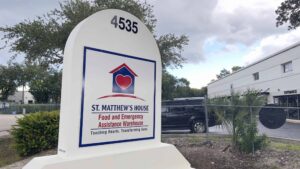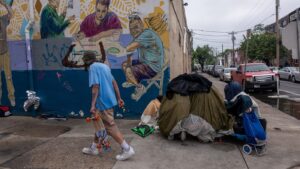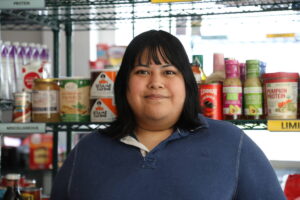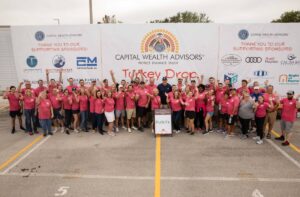Nick Matson wakes up enthusiastic over what the day may bring.
Same for the next day, the next month.
His outlook is a stark contrast from two years ago. He expected to die from a heroin overdose.
The Naples native has come full circle from addiction to recovery. He owns a local moving company, Matson Movers.
“It makes me feel like, wow,” Matson, 25, said. “I did it. I actually started something and it’s working. I’m a business guy. It makes me feel accomplished.”
Matson credits Justin’s Place Recovery Program at St. Matthew’s House, a year-long Christian-based substance abuse recovery program with boot camp-like rules. St. Matthew’s House also runs homeless shelters, a soup kitchen, and several businesses that graduates of the program help operate.
The program is highly structured to help people develop life skills — often for the first time — to be accountable and productive.
After a 28-day stay at Justin’s Place in East Naples, men spend six months at the remote Port LaBelle Inn and Conference Center, which St. Matthew’s House purchased in 2014. The capacity is 70 men.
While taking part in recovery sessions, they work in food service, the laundry room, maintenance or other capacities to support St. Matthew’s and the inn that is available for retreats.
Women stay at Jill’s Place Retreat Center, an 11-acre property with four residences in Alva for skills training and personal growth. The capacity is limited to 32 women year-round; only 25 percent of applicants can be served because of the limited capacity.
The next step for men is transitional housing at Wolfe Apartments in Golden Gate. Program participants work at one of the “social enterprise” businesses run by St. Matthew’s House. That could be one of its thrift stores, the car wash, café or catering business. The goal is learning how to balance life and work.
The program has graduated 470 former substance abusers since it began in 2010. They are tracked for two years for sobriety and there is an 87 percent success rate, according to St. Matthew’s House.
Some graduates have started their own businesses, earned degrees and have careers with opportunities.
“They gave me my life back,” Matson said. “I was going to die if I didn’t get help. I just thought I was going to die a heroin addict.”
Read the entire article here:
